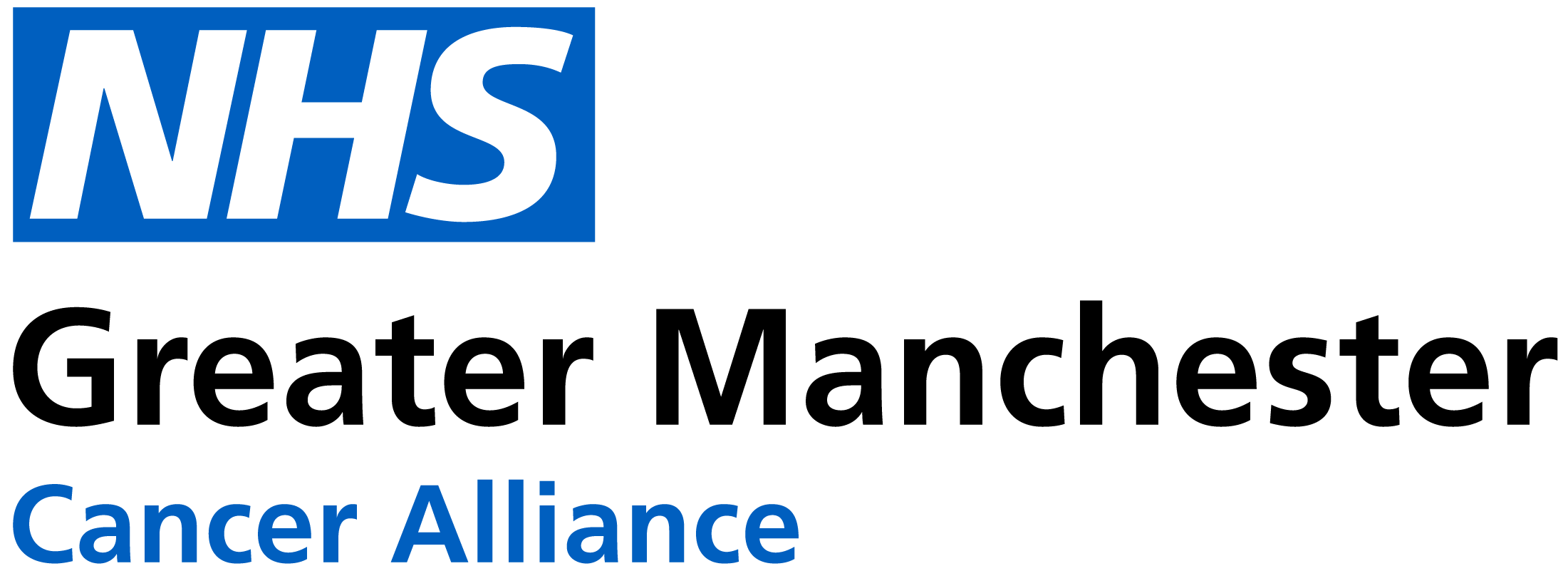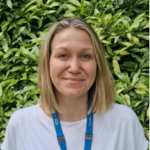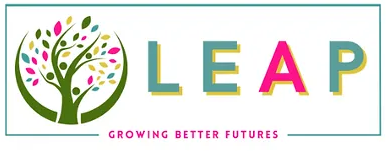The Cancer Alliance will be supporting a number of Innovation projects with a focus on Personalised Care. Following a rigorous application process, funding was approved to support the seven projects below. These projects link directly with The Alliance priorities for 2024/25 and are great examples of the collaborative work going on across Greater Manchester to meet the holistic needs of patients living with cancer.
1. Psychological Support for Children, their Parents and Siblings
Clinical Psychology forms part of the existing multi-disciplinary support within Paediatric Oncology at
RMCH, inputting to psychosocial wellbeing interventions alongside allied health care professionals. This project would pilot three innovative support options for children with an oncology diagnosis, their parent/carers and siblings. Crucially, each project involves multi-agency working across NHS and charity sectors to maximise access to high quality support and utilise the skill mix across this workforce to the benefit of families.
The groups would be:
- Monthly parent support group for parents/carers adjusting to their child’s oncology diagnosis
- Quarterly Tree of Life (ToL) group for children and young people who have finished active treatment (‘ringing the bell’) and are adjusting back into day-to-day routines and a ‘new normal’.
- Forest School support programme to enable siblings to address the adverse psychological impact of having a brother or sister with a cancer diagnosis.
Early intervention and social support initiatives are key in healthy adaptation for the whole family. We would welcome the chance to pilot the impact of such options within our service and monitor outcomes which could inform future service provision.
Project Lead – Dr Ruth Hurrell
Consultant Clinical Psychologist
ruth.hurrell@mft.nhs.uk


2. Talking Therapies Expansion Project
Individuals are offered either Low Intensity or High Intensity Cognitive Behavioural Therapy (CBT) within this pathway to treat psychological distress. Whilst there is an established pathway for CBT provisions, there are no other pathways for other therapeutic modalities being offered for depression and anxiety disorders. If a patient requires other therapy types, they are often placed onto lengthy waiting lists. It means that the right support is not offered to them at the time that they are most needed.
The ‘Talking Therapies Expansion Project’ aims to assess the need for a variety of psychotherapies to be offered to patients. After consultations with service users and therapists, three types of treatments have been identified to benefit cancer patients in Tameside.
These therapies include
- Eye Movement Desensitisation and Reprocessing Therapy (EMDR),
- Interpersonal Therapy (IPT) and,
- Acceptance and Commitment Therapy (ACT)
The project plans to pilot the use of these treatments via an expedited pathway for 9-12 months. It aims to assess the patient experience and clinical outcomes of patients that would have otherwise been offered either CBT or increased waiting times in the general talking therapies service.
Project Lead: Sophie Rigby
High Intensity CBT Therapist
sophie.rigby2@nhs.net
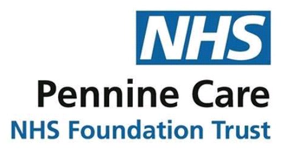
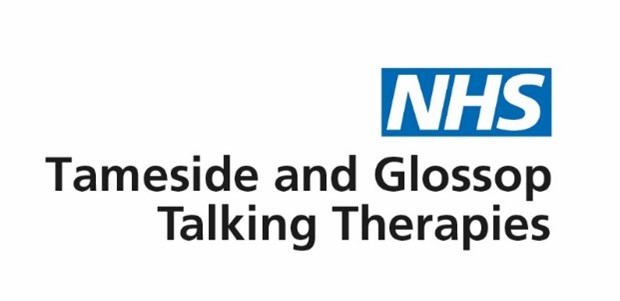
3. Sexual Health Digital Resource following Pelvic Radiation
Pelvic radiotherapy can cause late effects, including the development of sexual health late effects which can significantly impact on an individual’s quality of life. Following completion of their radiotherapy treatment, patients are commonly supported via multiple healthcare professionals outside of oncology including surgery, general practice and sexual health teams.
Currently written and verbal information specific to the patient’s gender and oncology diagnosis is delivered during their routine radiotherapy clinical appointment, within a clinical environment. This may reduce the opportunity for patient engagement and the ability to provide personalised discussions with the patient around their individual needs and concerns. Patients may wish to absorb or recap this information at different times into their different pathways, rather than midway through treatment and therefore may not be the most appropriate time, or environment, for these discussions.
The development of a digital education package will support this information giving process, with patients being able to access the tool both prior to these verbal discussions and for any time after. The digital education tool will use a hub and spoke approach to ensure easy access to information for patients, without patients feeling overwhelmed with information giving. This will encourage patients to engage in their personalised care, educate patients in the management of pelvic late effects and reduce burden on other health care professionals.
Project Lead: Lucy Buckley
Consultant Colorectal Radiographer
lucy.buckley9@nhs.net
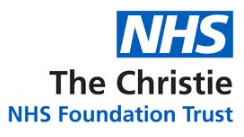
4. Side Effects Service for Endocrine Therapy – Breast Cancer
This proposed collaborative clinic is in alignment with the Greater Manchester Cancer Alliance Breast Pathway Board Endocrine Therapy Improvement Programme (ETIP). ETIP includes the endocrine education programme currently underway (led by lead clinicians on this proposal), comprising the following initiatives enabling clinicians to support people struggling with endocrine side effects:
Virtual learning package hosted on GM Cancer Academy (in progress)
- Series of videos hosted on GatewayC for clinicians in primary care (in progress)
- Cognitive Behaviour Training (CBT) for breast care nurses across GM (complete)
- Masterclass focusing on the assessment and management of endocrine side effects hosted by The Christie School of Oncology (in progress).
Education work is one part of the ETIP programme, alongside clinician training, patient-facing resources, and the risk-reducing toolkit. The service proposed here would underpin all the initiatives that are being provided through ETIP.
Project Lead: Dr Anne Armstrong
Consultant Medical Oncologist
anne.armstrong3@nhs.net

5. Living with Treatable but not Curable Cancer Study
Patients can be diagnosed with stage 4 cancer as well as cancer’s that were diagnosed at an early stage but have advanced to an incurable stage through progression and recurrence. This cohort of patients require a great deal more emotional, physical, and financial support and many face uncertainty every day and have specific needs that can change quickly over short time periods. Despite this there is still no robust data for the quality of life for these patients and there are large data gaps in what services are required to support these patients.
The project is focused on developing services based on listening to patient’s experience and collecting both quantitative and qualitive data which is vital to the design and configuration of cancer services as well as being key to future workforce planning.
Project Lead: Kathryn Place
Macmillan Transformation Manager
Kathryn.Place@wwl.nhs.uk
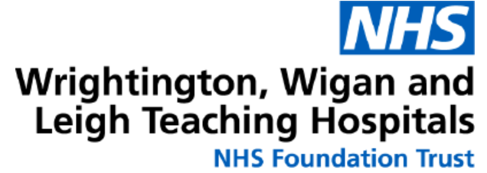
6. Community Allotments Project for People Affected by Cancer
This project will be facilitated by LEAP, an established community organisation and supported by Macmillan. Delivered from a dedicated community allotment, the project will create a safe haven where people affected by cancer can come and connect with nature through a range of accessible gardening activities, alongside strong links to a network of supportive services. Peer support will develop organically, providing a forum to share and seek support.
There is extensive evidence to highlight wellbeing benefits of connecting with nature. Many local people do not have their own garden or may be unable to commit to maintaining their own allotment space. Having a supportive group available at an allotment near to them means they can access the outdoors in a productive way, engage in supportive conversations and shared experience. This project will help to rebuild confidence and psychological wellbeing through a sense of purpose and belonging.
Project Lead – Jo Parry-Gee
Chief Executive Officer for LEAP
joanne.parry-gee@leapcfc.org
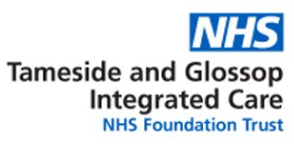
7. Equality Diversity & Inclusion (EDI) Project
The practitioner’s key focus will be specific to personalised care interventions, identifying key groups of patients and/or carers from ethnic minority and groups plus people from areas of deprivation. People participation is central to our efforts to tackle health inequalities – without leadership from service users, carers and communities on what matters most to them, our future work programmes will not focus on the right outcomes for them. The focus will be on community-based personalised care engagement, offering health promotion, psychological support access and health and wellbeing support & information.
It is recognised that patients from ethnic minority groups experience poorer cancer care and increased mortality, and those living in a deprived area are at a 28% higher risk of mortality as a consequence of their cancer diagnosis.
The project is proposed in response to a recognition of health inequalities and limited patient experience feedback related to cancer care for these group of patients particularly in relation to personalised care interventions. The lead cancer nurse team have undertaken work with the governance and patient safety team to review cancer related incidents/complaints and identified that these groups are significantly less likely to formally raise concerns than other ethnic groups.
Project Lead – Emma Burton
Assistant Chief Nurse Quality and Patient Experience
emma.burton2@mft.nhs.uk

